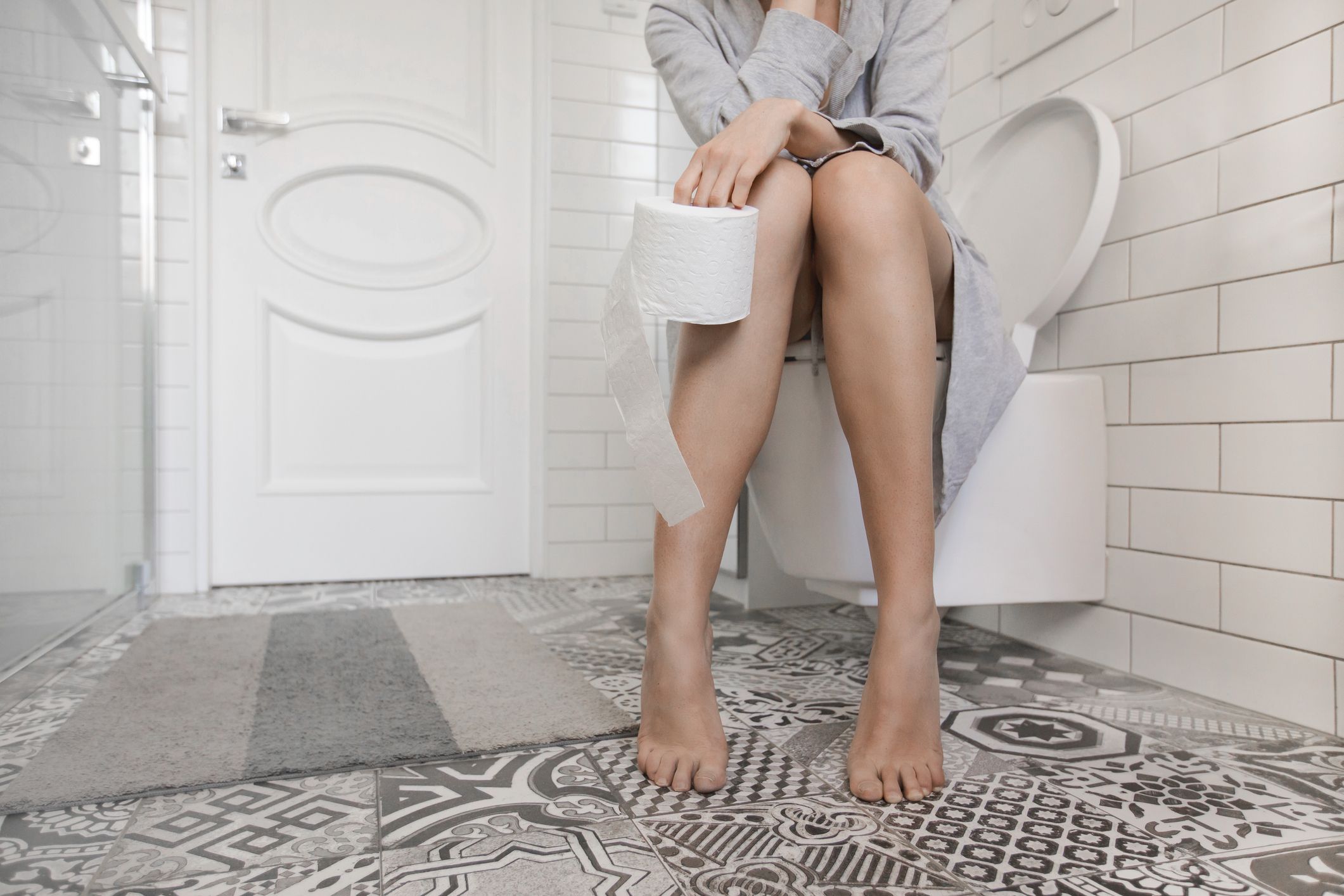We do it multiple times per day, every day. We do it at home (and most of us have been home a lot more lately), we've done it at work, and maybe we've even done it in the woods. We all go to the bathroom.
When it comes to our bodily functions, we likely—hopefully!—understand the proper way to wipe ourselves. Front to back and wipe until you see clean toilet paper.
While it's oh-so-simple, do you really feel clean after going to the bathroom? If your answer is not a resounding "yes," you're not alone. According to a recent HealthyWomen survey, supported by American Standard, 22 percent of the 1,871 female respondents 18 years and older said they either feel not very clean or not clean at all after a bowel movement and wiping.
And during this time of the coronavirus and trying to spare every square of toilet paper thanks to paper good shortages, maybe we're not wiping the best we can.
Not getting clean after going to the bathroom can cause issues. "If women don't adequately clean themselves after a bowel movement, they can get urinary tract infections or vaginitis," says Dr. Mary Jane Minkin, clinical professor of obstetrics, gynecology and reproductive sciences at Yale University School of Medicine. "If they don't wipe clean (and more importantly dry) after urination, they can get some labial irritation," she continues.
But it's not just about getting clean below the belt. Most of our survey respondents expressed that they are either very or extremely concerned with germs on their hands from wiping after urinating (53 percent) or having a bowel movement (70 percent). And germs on the hands can translate to germs on toilet handles, faucets and doorknobs.
"Regular hand washing is probably the most important thing we can do," says Dr. Minkin. "It is helpful for reduction of upper respiratory diseases, but also things like diarrhea."
But what about the germs you touch when turning on the faucet? Forty-one percent of survey respondents are either extremely or very worried about germs on their bathroom faucet handles.
"We don't expect that one can clean [the faucet] daily, but if you can disinfect the [faucet] as regularly as possible, it should help prevent the transmission of infections," says Dr. Minkin.
What if you didn't have to wipe at all after going to the bathroom? If that sounds appealing, you're with the 35 percent of respondents who are either very or extremely interested in using a bidet so they no longer need to wipe with their hand. And with toilet paper shortages, a toilet paper alternative may sound extra appealing.
Bidet seats use water to clean you after going to the bathroom and can be installed on your current toilet, so no need to start planning for a full bathroom renovation. They also eliminate the use of your hand to clean yourself, which helps prevent the spread of germs.
No matter how you decide to clean yourself, one thing remains the same: hand washing is always the best way to prevent germs from spreading.
This resource was created with support from American Standard.


